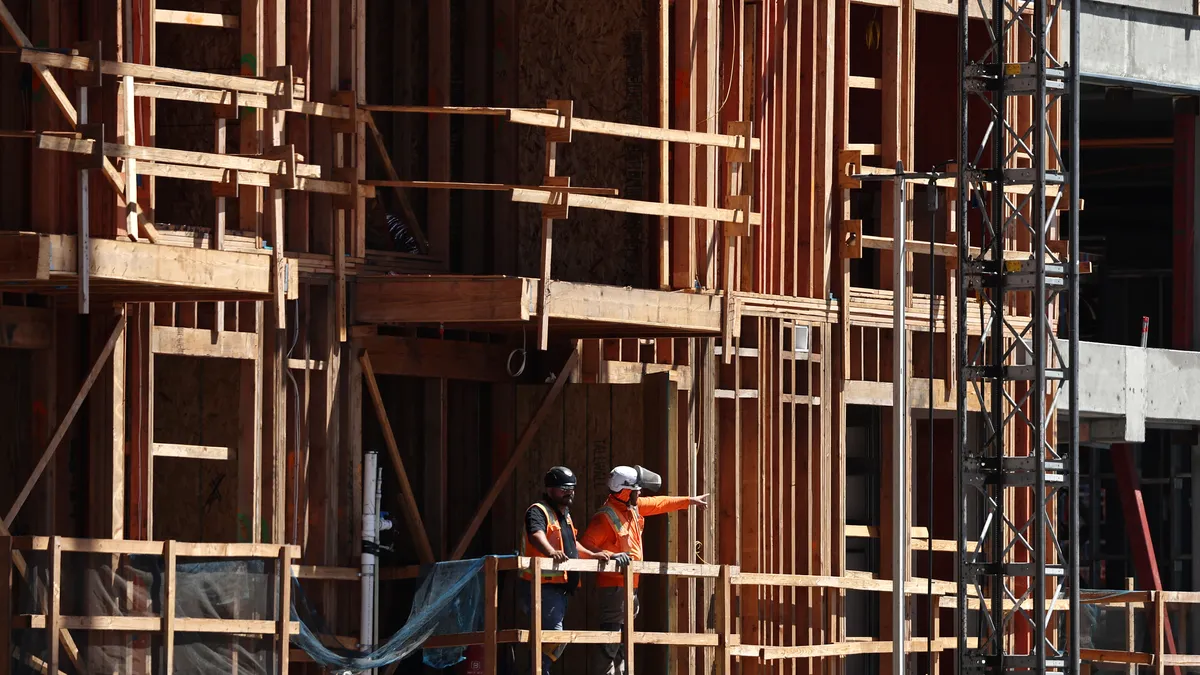Dive Brief:
- The Smart Cities Council released a new online platform to help cities organize projects and work across departments to streamline new initiatives.
- The Smart Cities Project Activator is meant to remove barriers between conception and execution of projects and keep all players on the same page in terms of data and financing. Philip Bane, managing director of the Smart Cities Council, told StateScoop that if the platform can compress the planning and execution stages, "not only have we saved people a lot of time and money ... but maybe we’ve also delivered clean water, reliable electricity or a reduction in traffic fatalities."
- The council is also touting that the platform is available to any city, no matter where or how remote. "[A]ll you need is internet connectivity. This approach allows cities everywhere to start the journey towards being 'smart,'" the organization said in a blog post.
Dive Insight:
The new platform promises to not just help individual cities move through projects with less bureaucracy, but to help share best practices among cities around the world. There’s been increasing attention on how to avoid "solo cities," or a patchwork of smart cities that leaves others behind. Much of that has focused on metropolitan compacts, while Canada's Smart Cities Challenge has posted all of its entries online to encourage collaboration and sharing new ideas regardless of a city or jurisdiction's size.
The "Project Activator," however, takes that one step further, making it possible to share ideas and collaborate around the world, bringing in governments that might otherwise not participate in smart cities projects. According to StateScoop, the project came together after the council realized it could not replicate its workshops, competitions and educational efforts in areas where it did not have a physical presence. Now, according to Bane, even the "proverbial Timbuktu" can follow the council’s efforts.
The platform — which includes models and dashboards for coordinating different departments — is also designed to help cities digitize their processes. Cities like Philadelphia, Los Angeles and Austin, TX have worked to move away from paper-based systems for basic city functions in order to save time and money; the activator platform is another step cities can take towards streamlining city functions.










